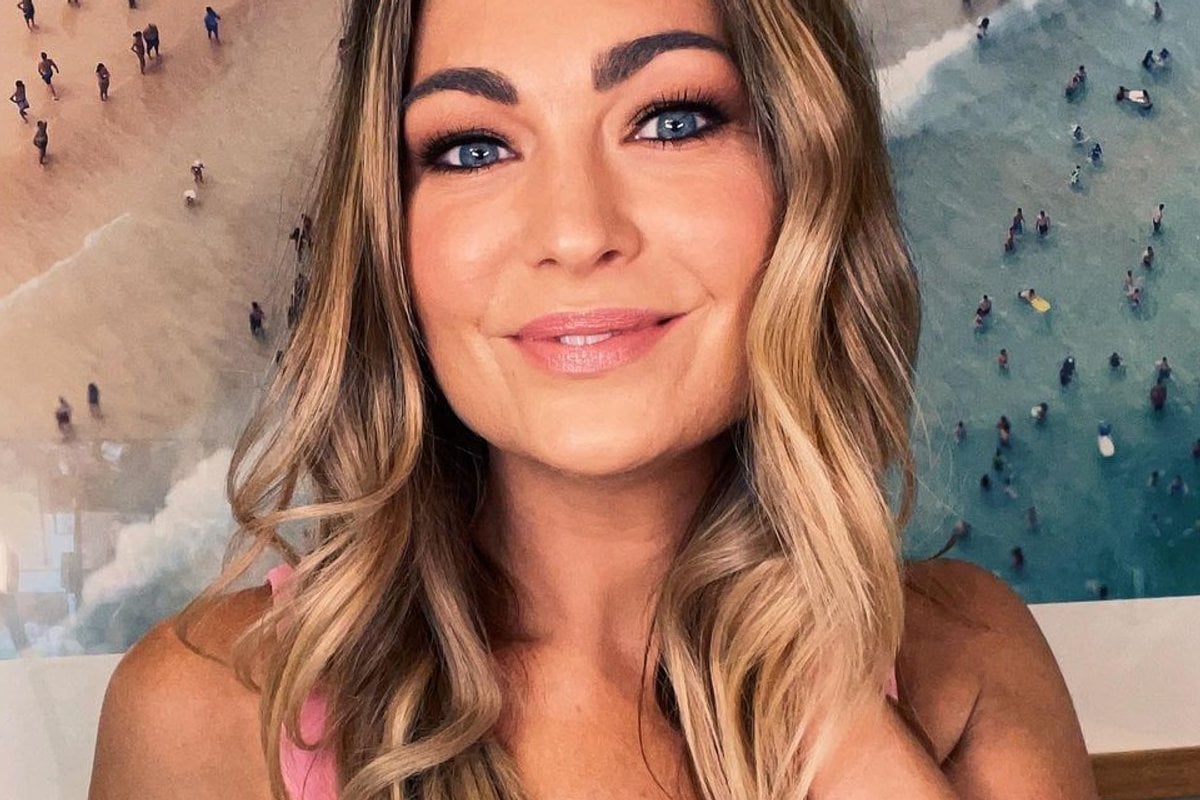
It’s commonly believed in sober circles that your emotional development is put on hold from the very first time you drink to black out. If this is true, it would suggest that when I finally got sober at age 32, I had the emotional intelligence of a 12-year-old.
At first, I was horrified at this suggestion and even somewhat insulted. I’d always considered myself to be great with people, considerate of others' feelings, and even go as far as to say I was an empath. But a closer look at my behavioural patterns both in and out of relationships would suggest otherwise.
By the time I made the decision to get sober, I had left a trail of chaos and carnage in my wake. Twenty years of drinking to excess had rendered me hopeless and unable to connect with myself.
I was incapable of sitting with uncomfortable emotions and had learnt from a young age that drinking alcohol would allow me to escape from unpleasant feelings. As a result, I spent two decades running from my problems and never developed the necessary tools to engage with life as an adult.
Watch: Your body, one year without alcohol. Post continues below.
A demonstration of this played out in my romantic relationships. Having grown up in an alcoholic home where there was a lot of yelling and raging, my response to an argument with my partner would be to shut down and withdraw. When a conversation became heated, I would feel my nervous system activating a fight-or-flight response and my prefrontal cortex, the rational part of my brain, would shut off.

